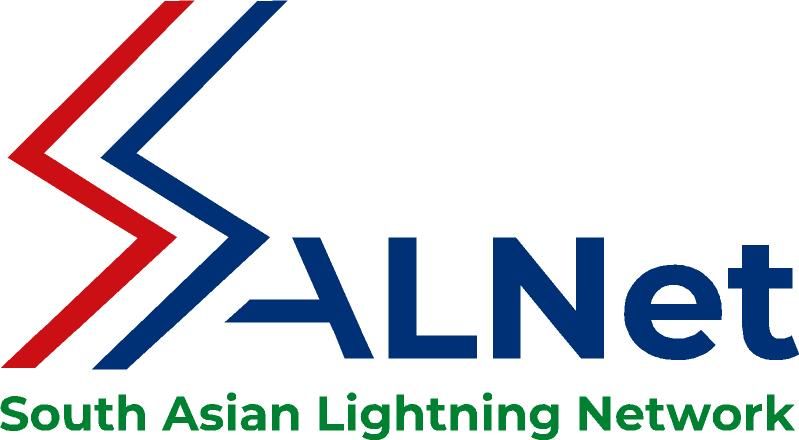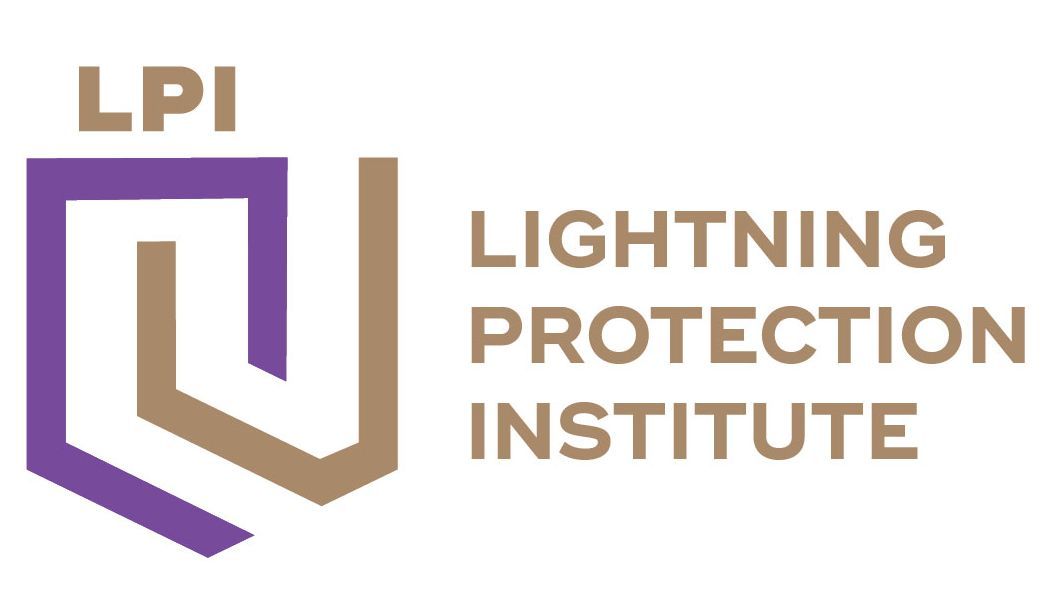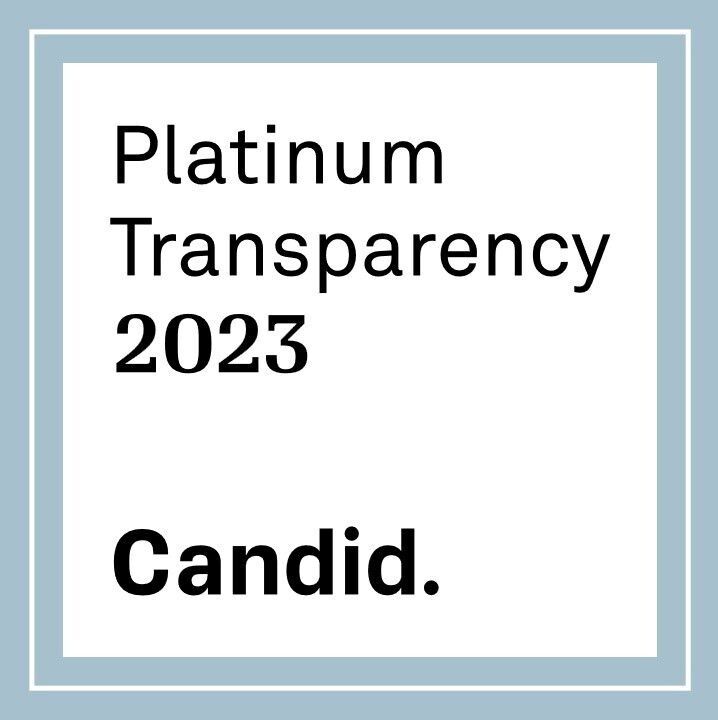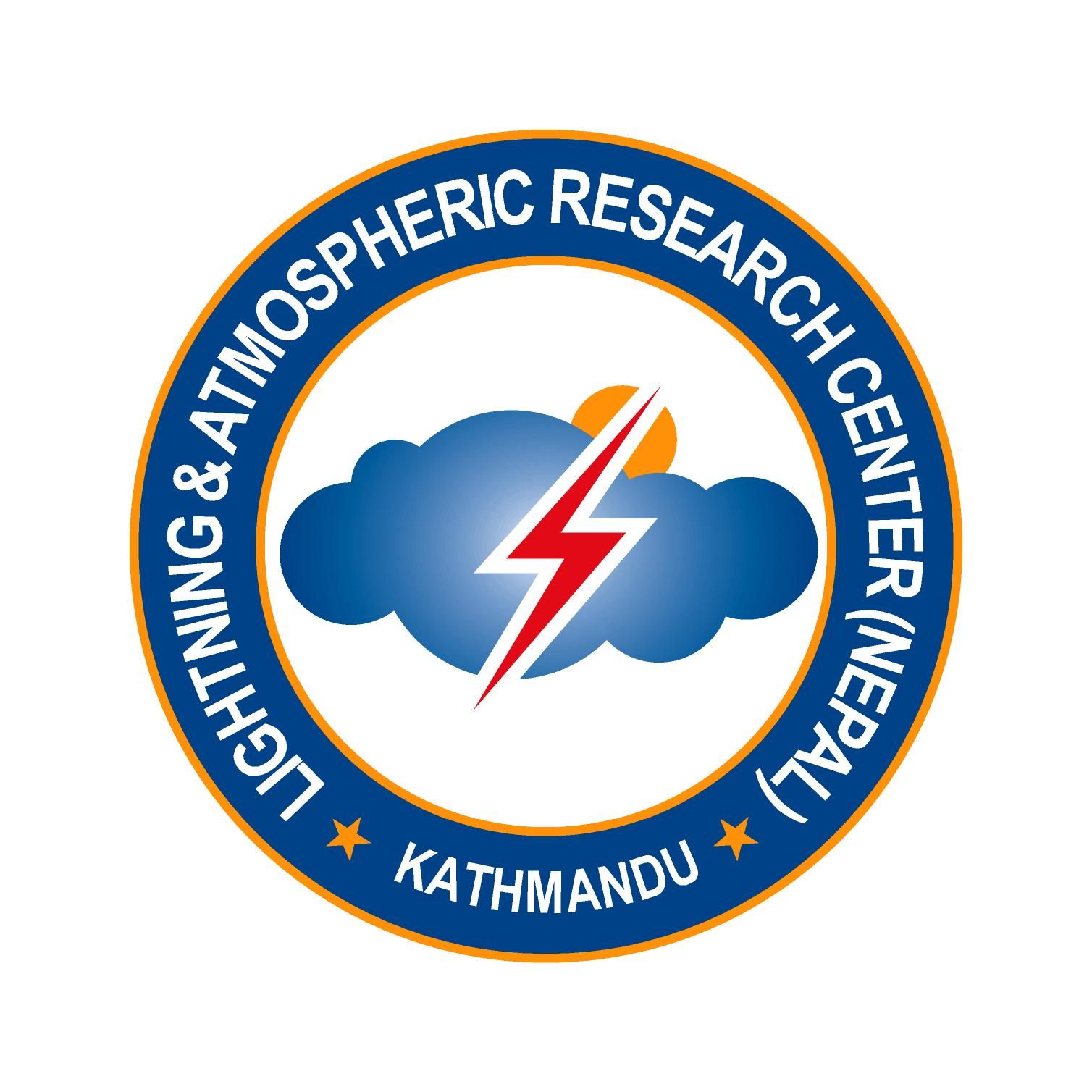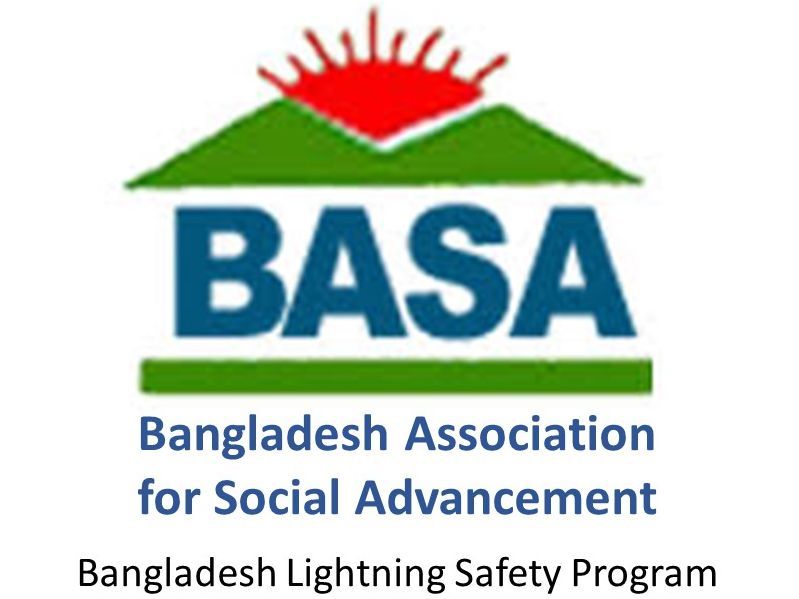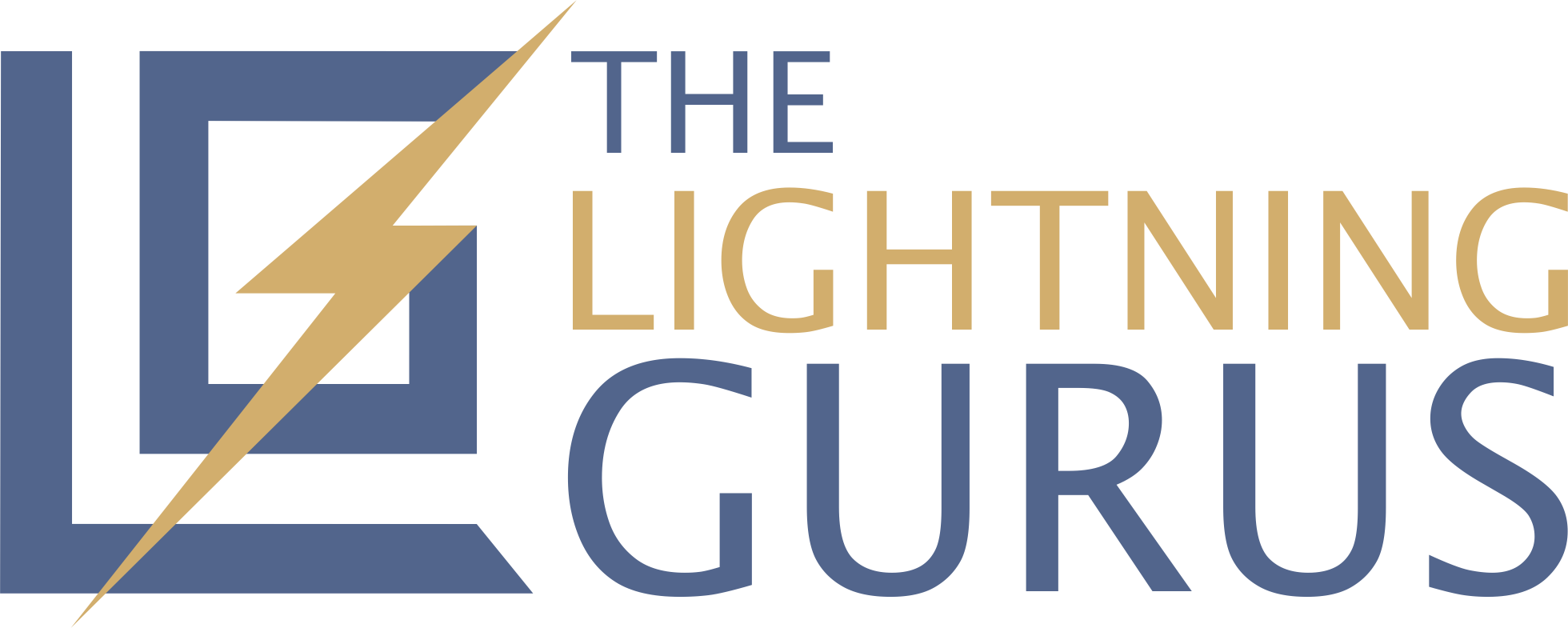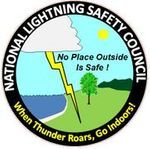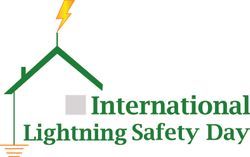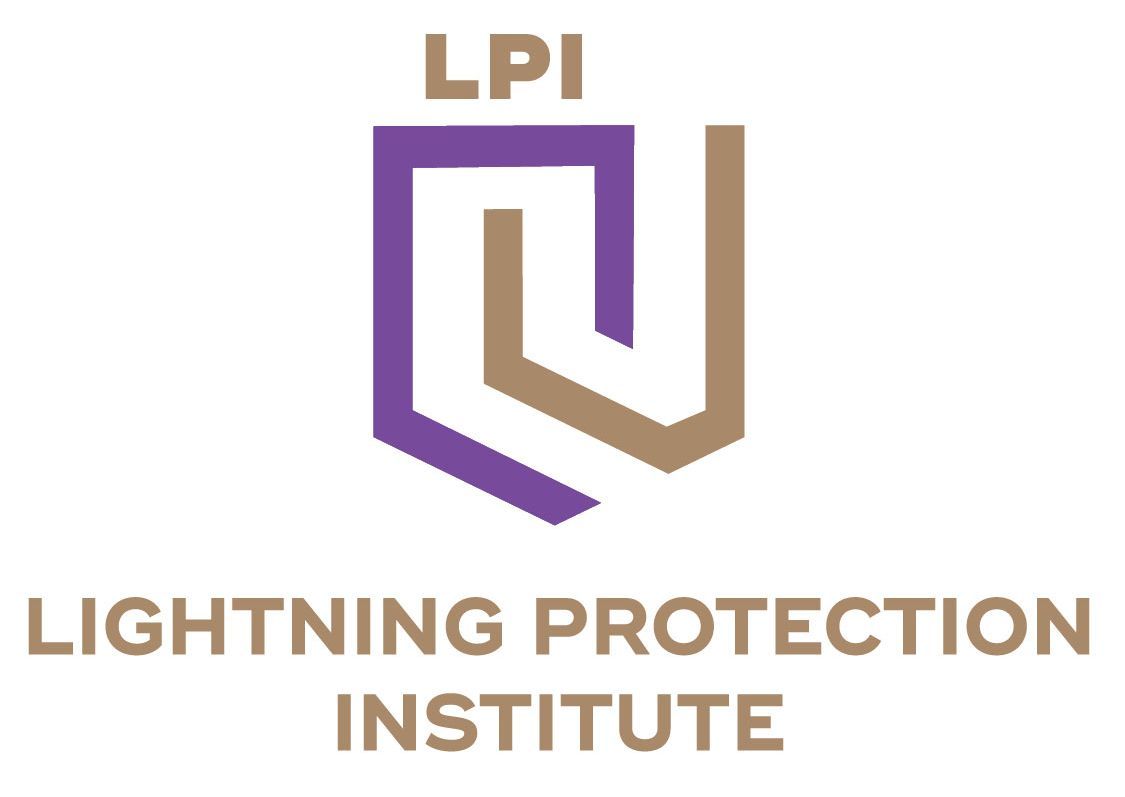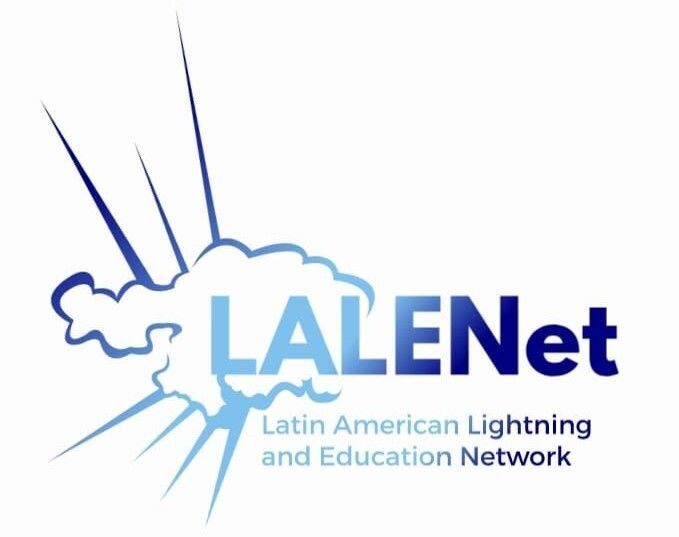Lightning Injury Reports by Country and Year
THIS HAS BECOME THE LARGEST PUBLICLY AVAILABLE DATABASE OF LIGHTNING INJURIES IN THE WORLD, covering more countries, more years, and probably more news reports than any other database. You are welcome to use it for research purposes (please cite this source in any report). Research is only one of the reasons we post these reports for free use. As of August 2023, we have at least one injury report for 41 of the 55 countries in Africa; for some we have hundreds of reports.
News reports are also valuable in learning who is most vulnerable, what they were doing when injured, their age, and other pertinent data that can help ACLENet, our National Centres and the governments of each country target 'lightning injury hotspots' most in need of lightning safety information, education, and other preventive measures.
News reports of injuries, deaths, and property damage are collected by our staff in English and in other languages by volunteers and posted monthly to the pages of the countries where the incidents occurred. Please let us know if you are aware of reports that should be included (send us the URL). After verification, we'll add them. Thank you for your assistance.
When you select a country, maps are available as well as news reports by year.
Note - details on incidents may vary by source, so we may include more than one report since different details useful to researchers may be reported on. --- so do not be surprised by duplicates.
Countries for which we have no injury reports
There are many reasons we have no reports for the countries listed below. It may be that there is too little lightning risk in the country (such as Libya and other desert countries on the Mediterranean), that there are so few people in the smaller countries that it is not reported, or that the predominant languages of the country and news reports are not easily translated or listed on Google searches and the other search engines that we (and our multi-language volunteers) use to discover them.
Although it is possible that these countries have had no injuries, deaths or property damage, it is also possible that conditions do not allow for a stable press due to civil unrest, poor connectivity and electrical supply, poor economy, illiteracy, or other factors that would inhibit media coverage. It should also be remembered that many cultures believe that reporting lightning events or talking about them will cause more lightning to come down on themselves or to injure their families so that incidents are not reported.
As we have reports, we will make full pages for these countries as we have for those above. For now, we will publish the Global Lightning Detection lightning flash density maps and build out the pages as we have time.
-
Algeria
-
Cabo Verde
-
Comoros
-
Congo (not the DRC - see DRC above)
-
Djibouti
-
Equatorial Guinea
-
Eritrea
-
Gabon
-
Lesotho
-
Libya
-
Sudan (note South Sudan above as the newest country in Africa)
-
Western Sahara


